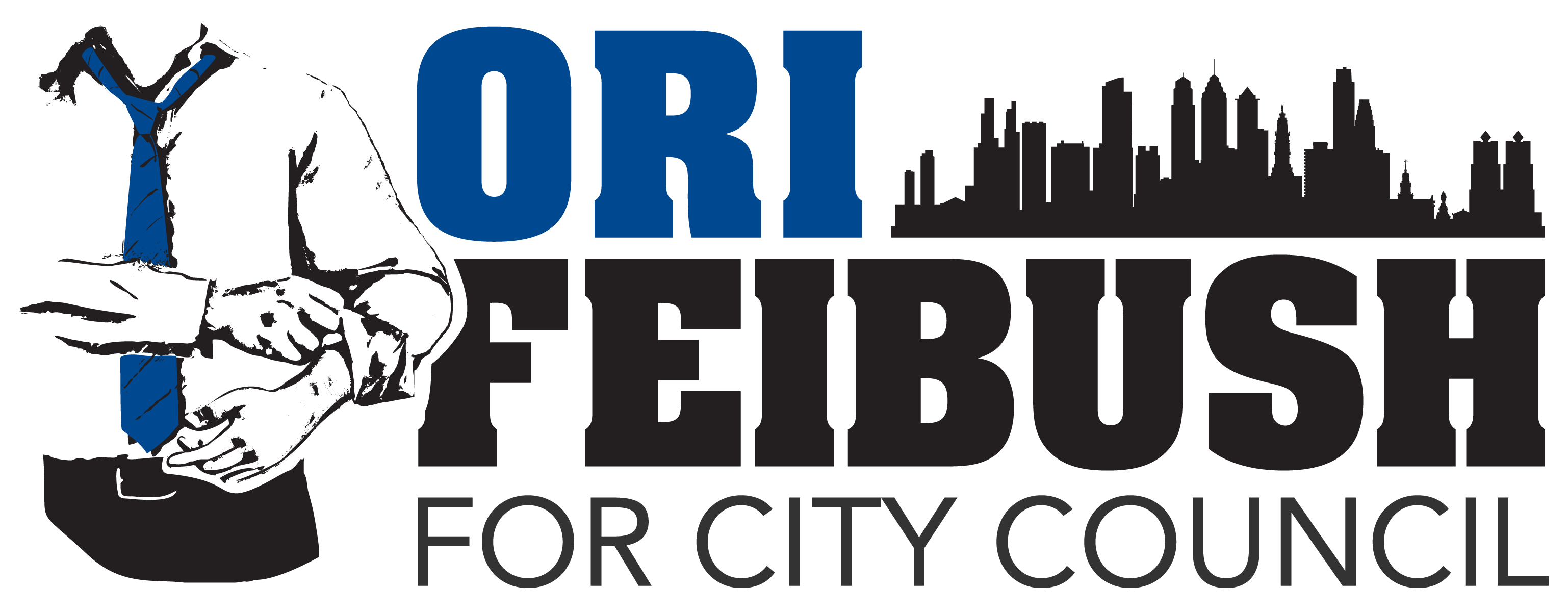Safe Neighborhoods
1. Time served? Time for work.
This initiative will enable businesses to take advantage of local tax incentives for providing employment to individuals who have served time in the criminal justice system:
In today’s economy, it’s difficult to find a job. For someone with a criminal record, it’s nearly impossible. Even for people who have had their records expunged, the Internet age allows potential employers to see arrest records. This further limits the employment opportunities for ex-convicts, and lack of employment is a significant reason for Philadelphia’s high re-incarceration rate. Over the years, Ori has employed people from all walks of life. Some of his best employees have made mistakes in the past but simply needed a second chance.
Ori applauds Philadelphia’s Re-Entry Employment Program, which provides businesses with annual tax breaks for hiring ex-offenders. Ori will work to better publicize and expand this program. He will work with businesses in the 2nd District to connect them with people who have spent time in the criminal justice system, breaking the cycle of unemployment, poverty, and crime. Doing so will make neighborhoods safer, lower incarceration rates, and keep Philly working.
2. Cameras at the crime scene
This initiative will make sure that there are functioning security cameras throughout the 2nd district for a fraction of the cost of what the City is currently spending on its failing program.
Security cameras cannot replace good police work, but they can give our police the desperately needed resources to catch criminals quickly and get convictions – especially in cases in which witnesses are afraid of coming forward, a key factor in Philadelphia’s poor conviction rate. Ori knows the benefits of safety cameras from his own experience: he has personally installed over 100 security cameras in the 2nd District.
One of Ori’s cameras helped police catch a man who had murdered a young woman in Center City. Another camera helped police officers at the 17th District Police Station identify a criminal who committed a hit and run right outside of their building. The police relied on one of Ori’s cameras because the city-owned camera installed nearby was not functioning. It is disgraceful and unacceptable that our elected leadership has failed to provide our law enforcement officials with the basic tools and resources that they need to fight crime.
To make things worse, a 2012 report from the City Controller’s office found that it costs the City of Philadelphia a staggering $136,000 for one functioning security camera. In comparison, the average cost for the high-surveillance, top-of-the-line camera systems that Ori installs on his buildings is around $500 per camera. This means that a financially responsible person could install 272 cameras for the same price that the City spends on one camera. We can do better.
Ori will take the proactive approach that is needed. He will work with law enforcement officials to identify high-crime areas, and Ori will fight to make sure that safety cameras are installed in these areas in a timely manner and at a reasonable cost to the city – property owners in high crime areas who are willing to allow a safety camera to be installed on their building should not have to pay anything from their own pockets.
3. Shine a light on the problem
This initiative will offer homeowners and business owners the opportunity to take an active role in creating better-lit, safer neighborhoods:
Well-lit streets deter crime. Ori Feibush installed multiple lights on his buildings at the intersection of Point Breeze Ave, 20th Street, and Federal Street. It’s now a much brighter, safer intersection at night, and people no longer sit on the stoops dealing drugs. Whether we install solar-powered street lights, LED light bulbs, or one of the many other green energy options that are available to light our streets, modern technology has drastically reduced the cost of street lighting.
Ori will start a program that offers residential and commercial building owners free installation of green energy light fixtures on their buildings, with the building owner agreeing to cover the minimal monthly cost of electricity. This is a simple and cost-effective way in which the City can partner with private citizens to make our neighborhoods safer.


